

Your boiler is a box that brings gas, electricity and water together to heat up water for your taps and your central heating system. It works hard every day heating up and cooling down, pumping and making sure your home is warm and comfortable. There are a few simple maintenance jobs you can do yourself to keep it in tip top condition and working safely and efficiently, as well as making sure you have it serviced annually.
The engineer will remove the boiler casing to look at its components. They will check the boiler is working safely and efficiently. A good service includes checking:
Please beware that an annual service may highlight a fault or safety defect with your boiler that requires further work. For instance, if the flue gas readings from your boiler are unsafe this may be down to a blown gasket or blocked heat exchanger airways. Which would lead to new seals and Gaskets needing to be replaced in order to rectify and make safe. Such instances would incur an additional cost.
If your boiler is in a cupboard, be sure to allow the manufacturer's recommended clearances so it can be accessed and serviced safely. It's also crucial to keep air vents, grilles and flues free from blockages.
Do not remove the case. Only a Gas Safe registered engineer is legally qualified to remove your boiler's casing. If you think there might be a problem with your boiler, call an expert. Doing it yourself with gas is extremely dangerous and can cause leaks, fires, explosions and Carbon Monoxide poisoning.
If you don't already have a room thermostat, consider having one fitted. You can expect savings of £70 and 280 kg carbon dioxide a year, according to Energy Saving Trust.
It is best to plan out and set the timer when you need your boiler throughout the day. This will ensure that your boiler isn't working hard when you don't need it to be. With a modern boiler, leaving the house unheated when empty and programming the boiler to start heating your home half an hour before you need it should be enough to warm your home when it matters.
Try turning your room thermostat down by one degree then leave it for a day. If you still feel warm enough, try turning it down another degree. Carry on until it feels a bit too cool and then turn it back up one degree. Every degree that you turn it down could save you around £90 a year on your heating bill.
Your cylinder thermostat should be set at 60°C/140°F. This is hot enough to kill off harmful bacteria in the water, but use caution as it's also hot enough to scald. For extra safety, consider installing a thermostatic mixing valve which will automatically ensure that hot water at your tap is at a safe temperature.
If your tank is not insulated, you can easily lag it yourself. You can insulate the hot water pipes around it at the same time. The tank jacket and pipe insulation should cost no more than around £15, and could save you a further £35 a year.
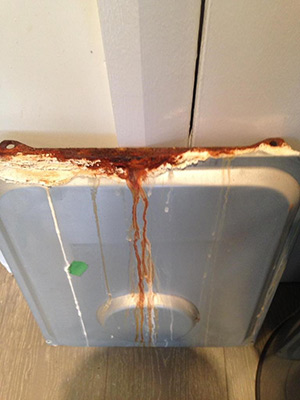
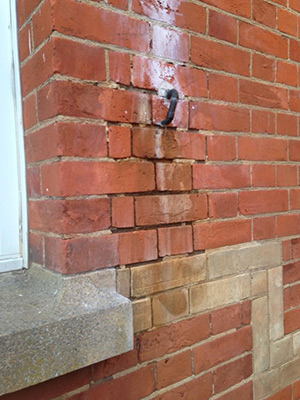
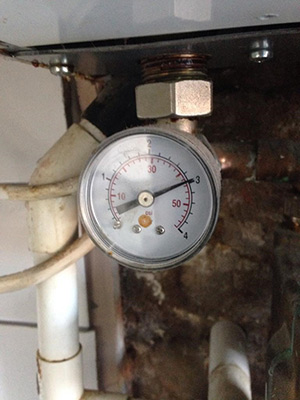
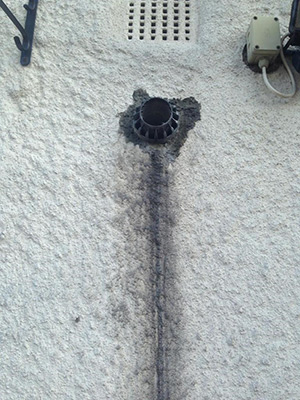
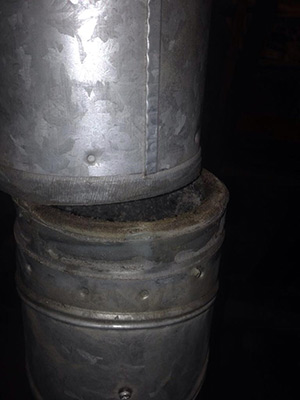
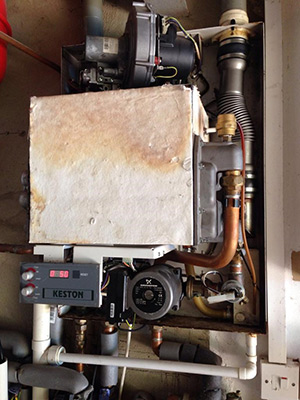
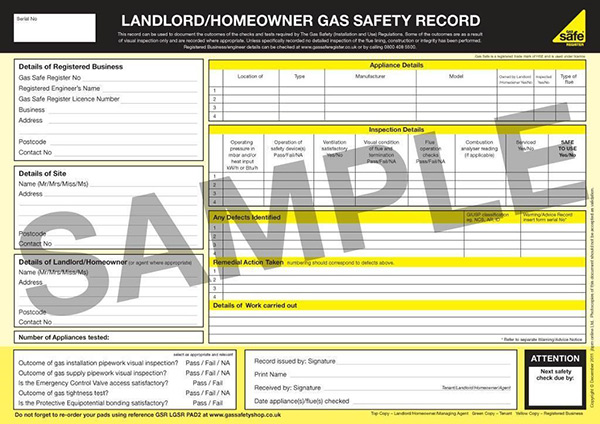
As a landlord myself I know how vitally important it is to have all the correct certificates and paperwork up to date and completed on time. I personally Carry Landlord certificate paperwork in my van at all times so if your property needs to be gas safety tested and signed off I am able to do this for you on call.
As a landlord, you are responsible for the safety of your tenants. The Gas Safety (Installation and Use) Regulations 1998 deal with landlords’ duties to make sure gas appliances, fittings and flues provided for tenants are safe.
Appliances, fittings and flues in a communal area but which may be used by tenants are also included. You are responsible for the maintenance and repair of flues,appliances and pipework provided for your tenants use ;by a Gas Safe registered engineer. Although there is no prescribed timeframe for these duties, good practice would be the demonstration of regular, annual maintenance checks and subsequent repairs.
You are also responsible for ensuring an annual gas safety check is carried out within 12 months of the installation of a new appliance or flue which you provide and annually thereafter by a Gas Safe Registered engineer. You must keep a record of the safety check for 2 years and issue a copy to each existing tenant within 28 days of the check being completed and issue a copy to any new tenants before they move in.
Under the Gas Safety (Installation and Use) (Amendment) Regulations 2018 you can have the annual gas safety check on each appliance or flue carried out up to 2 months before the date the check needs to be carried out but still retain the original deadline date as if the check had been carried out exactly 12 months after the previous check.
Epsom, West Ewell, East Ewell, Ewell Village, Chessington, Worcester Park, Stoneleigh, Motspur Park, Raynes Park, Wimbledon, Leatherhead, Bookham, Ashstead, Sutton, West Byfleet, Byfleet, Esher, Cobham, Weybridge, Walton, Hersham, Surbiton, Berrylands, Tolworth, Hinchley Wood, Claygate, Long Ditton, Thames Ditton, Fetcham, Reigate, Chertsey, Sunbury-On-Thames, Hampton, Kingswood, Lower Kingswood, Walton on Hill, Burgh Heath, Tadworth, Molesey, Morden, Oxshott, Cheam, North Cheam, Coulsdon, Kingston, New Malden, KT1, KT2, KT3, KT4, KT5, KT6, KT7, KT8, KT9, KT10, KT11, KT12, KT13, KT14, KT15, KT16, KT17, KT18, KT19, KT20, KT21, KT22, KT23, KT24, SW20, SW19, Dorking, Guildford, Woking, Redhill, Crawley, Horsham, Ripley, Chobham, Bisley